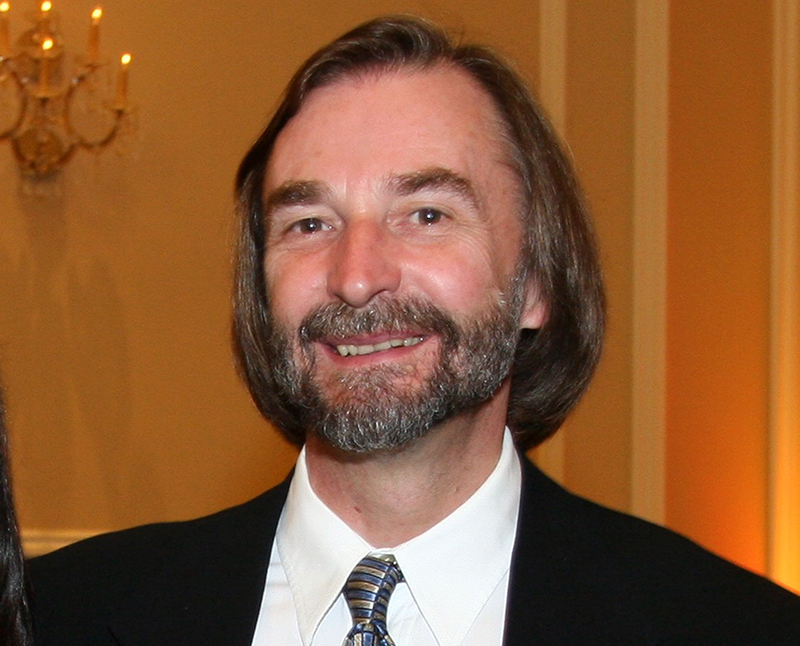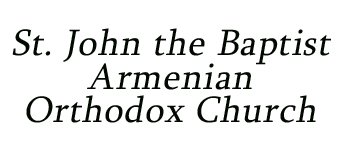Armenian Theater in the World

Peter Cowe
By David Luhrssen
(Greenfield, Wis.) In honor of Armenian Culture Month, St. John the Baptist Armenian Church of the Greater Milwaukee sponsored a lecture by one of the world’s foremost exponents of Armenian studies, S. Peter Cowe. A professor at UCLA and holder of the Grigor Narekatsi Chair in Armenian Language and Culture, the Scottish-born Cowe is active in many Armenian academic groups and is a prolific author and translator. Cowe recently returned to the U.S. after two months in Armenia, researching the country’s traditions in theater.
Some of Cowe’s findings were included in the paper he delivered at St. John’s culture hall on Oct. 21, 2007, following Badarak and a dinner in his honor. Entitled “Armenian Theater in an Era of Globalization,” the paper was prefaced with the assertion that globalization in a broad sense is no new thing. Because of geography and history, Armenians have been uniquely situated for many centuries to play a role in international trade and commercial production. Even before the conversion to Christianity, Armenian authors wrote dramas in Greek, a sign of Armenia’s links to the Hellenistic culture of the eastern Mediterranean.
Cowe’s presentation ranged widely over many centuries, tying together disparate threads of Armenian cultural history by reference to theater. He drew out the influence of theater on the Badarak and such Armenian Church traditions as the Opening of the Gates on Palm Sunday and the Washing of the Feet on Holy Thursday. He discussed a variety of performing arts Armenians have adopted as their own, including shadow plays with origins in China, bardic theater in the Turkish tradition and, beginning in the 17th century, plays composed in the European manner. Armenian plays were written and performed in communities as far apart as Poland and India, and had wide influence within the Russian and Ottoman empires.
Theater continues to flourish in Yerevan today. Given the abrupt lurch from communism to democracy and a free market, it’s no surprise, Cowe pointed out, that sharp satire and pointed absurdity are among the approaches employed by contemporary Armenian playwrights.
Finally, Cowe urged his listeners not to remain proud of Armenia’s cultural past but to add to the legacy in the present and make it available to the wider world. Referencing the gospel quotation, he asked Armenians “not to hide your light under a bushel but to let it shine.” His remarks were amplified by St. John’s parish priest, Rev. Fr. Nareg Keutelian, who reminded the audience that October was chosen as Armenian Cultural Month because the Feast of the Holy Translators, whose work inaugurated a golden age of Armenian arts and letters, is observed in October.
Dimankar with Peter Cowe, from Horizon Armenian TV, 2017.
Unrelated to the article above.

